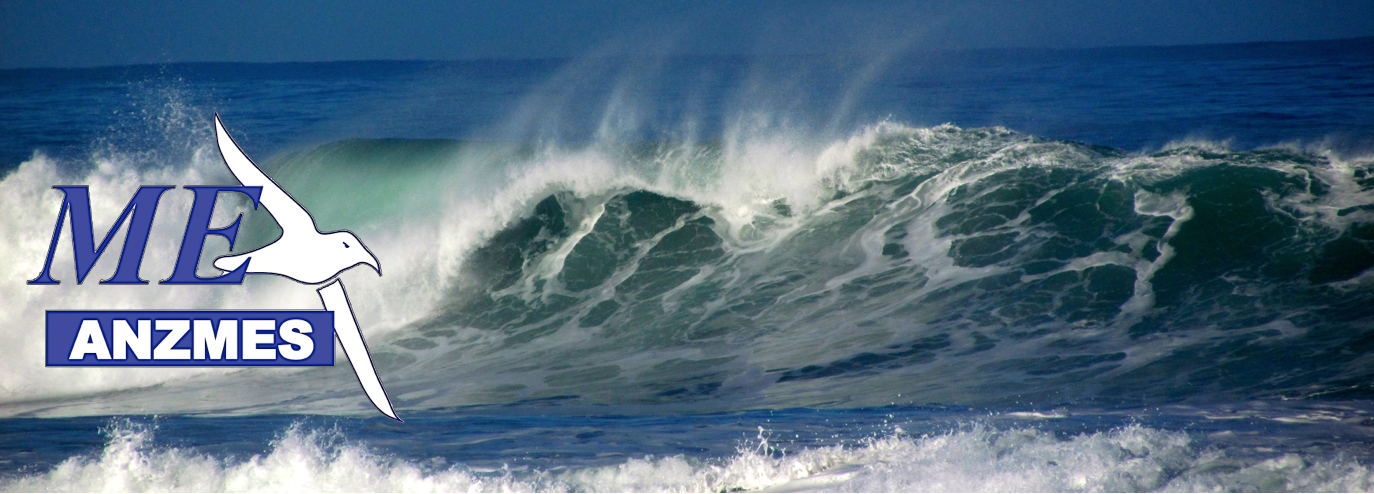Dr Lynette Hodges from The School of Sport and Exercise at Massey University is looking to recruit volunteers with ME/CFS
INTRODUCTION TO REPEATED EXERCISE STUDY
Dr Lynette Hodges from the School of Sport and Exercise at Massey University is looking to recruit volunteers with Myalgic Encephalopathy/Chronic Fatigue Syndrome. The study is assessing responses to repeated exercise testing in individuals with ME/CFS, Multiple Sclerosis and healthy age matched controls. The design of the study includes physiological exercise testing validated by Staci Stevens in California and blood analysis to be used in research by Professor Warren Tate (Otago University) as he searches for a biomarker. Tests will include an arterial stiffness assessment, providing blood samples, brief neuropsychological tests, exercise testing which will last for approximately 12 minutes on a cycle ergometer and an exercise recovery questionnaire. All these tests have been used safely with people with ME/CFS in the past. Dr Ros Vallings, Staci Stevens, Dr Don Baken and Professor Warren Tate have all been involved in the design of the study. It is an exciting opportunity for individuals with ME/CFS to take part in a cutting edge piece of research within New Zealand, which will hopefully answer some of the many unanswered questions about the unique nature of the fatigue. When the results have been analysed participants will be given their individual results if they request these. People interested in participating in the study will be asked to complete the DePaul symptom questionnaire developed by Professor Leonard Jason and then, dependent on their results, will be invited to complete the series of tests at Massey University, Palmerston North campus. More information about the study can be found at the following link.
ANZMES is supporting Professor Warren Tates Research group that is based in the University of Otago, Biochemistry Department.
TATE GROUP RESEARCH SUMMARY:
Diagnostic Test
• Our goal is to develop a diagnostic blood test for myalgic encephalomyelitis (ME), commonly known as chronic fatigue syndrome (CFS).
• There is no specific diagnostic blood test or effective treatment currently available
• This highlights the urgent need to find specific biomarkers to differentiate ME/CFS from other treatable disorders involving fatigue and to expedite the search for specific therapies.
• For development of a simple and effective blood diagnostic test we are targeting the antiviral immune pathway that is chronically activated in ME/CFS patients.
• The aim of our work is to create a simple informative immunological diagnostic test for ME/CFS.
• a pilot study with 10 ME/CFS patients and 10 matched controls is planned, and then with a larger study of >30 patients.
• If the targeted molecules prove to be successful biomarkers the assay would be developed into an ELISA format suitable for use in diagnostic laboratories.
Therapeutic targets
• We aim to analyse thousands of molecules in the plasma and in the white blood (immune) cells of our recruited patients to determine which molecular pathways in the body are affected
• The human genome activity of patients is to be assessed to look for the presence of new and known viruses compared with age and gender matched controls
• It is hoped that this will determine whether all ME/CFS patients have the same ‘signature’ of disturbed pathways or whether there are subtypes of the illness with different disturbances
• It is planned to follow recruited patients through relapse and recovery to understand what molecular pathways trigger the relapse
• This analysis will reveal more specific biomarkers for ME that can be used for diagnosis of the illness
• Ultimately we hope it is possible to create a diagnostic plate for ME/CFS that distinguishes it from other hard to diagnose chronic syndromes that have remarkably similar symptoms like fatigue, gastrointestinal upset, -for example, irritable bowel syndrome, endometriosis
• Identifying disturbed molecular pathways has the potential to highlight therapeutic targets so patient support to manage the illness might be enhanced
BACKGROUND:New Zealand has an estimated 20,000 people affected by myalgic encephalomyelitis (ME), also known as chronic fatigue syndrome (CFS), with a significant estimated economic cost of $30,000 – $40,000/year/affected family. Currently, patients are supported by the Associated NZ ME Society (ANZMES),and by individual support groups throughout New Zealand like MEISS in Otago and Southland. Medical practitioners find diagnosis and management of the syndrome challenging. Auckland-based GP and collaborator, Dr Rosamund Vallings, has managed many patients with this syndrome for over 20 years and has seen > 5000 ME/CFS sufferers in her practice. She was part of an international team that established new clinical criteria for ME/CFS (ME International Consensus Criteria)in 2011.These point out that the underlying pathophysiology of ME is so complex that previously some patients with other separately treatable conditions such as anaemia, hemochromatosis, diabetes, cancers, HIV/AIDS, and vitamin B12 deficiency have been misdiagnosed and included in the ME/CFS cohort. A 32 page booklet has now been produced by the international IACFS/ME organization to aid diagnosis for GPs. Dr Vallings has published a comprehensive book on the syndrome in September 2012.Aimed at both patients and GPs,it outlines the abnormalities in many body systems,additional to the well-recognized neurological and immune dysfunction, and emphasizes strategies to manage the illness in the absence of any diagnostic test or effective therapies. A recent International ME Research Collaboration conference emphasized as a priority the need for developing and validating biomarkers specific for ME to help in an accurate diagnosis.


